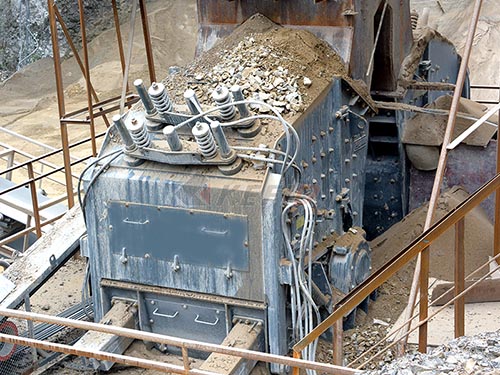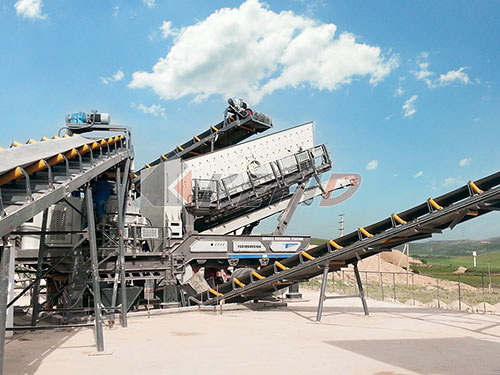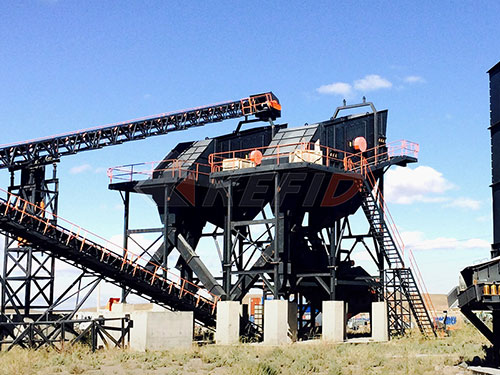Beyond the Price Tag: Understanding Crushed Limestone Costs for Pasture Improvement
Investing in pasture health is fundamental to productive livestock operations and sustainable land management. Among the most impactful amendments, crushed limestone (agricultural lime) stands out for its ability to correct soil acidity and unlock vital nutrients. While the upfront price of crushed limestone is a significant consideration for any farmer or rancher, focusing solely on dollars per ton overlooks the deeper value equation and crucial factors influencing cost.
Why Limestone? The Core Value Proposition
Acidic soils (low pH) bind up essential nutrients like phosphorus, calcium, magnesium, and molybdenum, making them unavailable to forage grasses and legumes. This leads to:
1. Reduced Forage Yield & Quality: Sparse growth, lower protein content.
2. Poor Legume Establishment: Clover and alfalfa struggle in acidic conditions.
3. Inefficient Fertilizer Use: Applied nutrients aren’t fully utilized.
4. Increased Soil Toxicity: Aluminum and manganese become soluble at low pH, damaging plant roots.
Crushed limestone neutralizes acidity by reacting with hydrogen ions in the soil solution, raising pH towards a target range (typically 6.0-7.0 for most pastures). This unlocks trapped nutrients, boosting forage productivity significantly – often by 30% or more – improving palatability, enhancing legume content for natural nitrogen fixation, and maximizing the return on other fertilizer investments.

Decoding the Price: Influencing Factors
The quoted price per ton is just the starting point. Several variables dramatically impact your final cost per acre:
1. Type of Lime & Purity:
Calcitic Lime: Primarily calcium carbonate (CaCO₃). Generally less expensive if magnesium levels are adequate.
Dolomitic Lime: Contains both calcium carbonate and magnesium carbonate (MgCO₃). Often slightly higher priced but provides essential magnesium if deficient.
Effective Calcium Carbonate Equivalent (ECCE): This measures neutralizing power based on purity and fineness (% passing specific sieves). Higher ECCE means you need fewer tons per acre to achieve the same pH change than lime with lower ECCE.
RNV (Relative Neutralizing Value): Similar concept to ECCE used in some regions.

2. Particle Size/Fineness: Finer particles react faster with soil acidity but cost more due to increased processing energy requirements

Leave a Reply